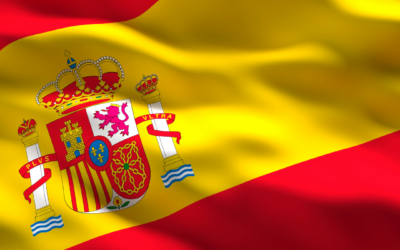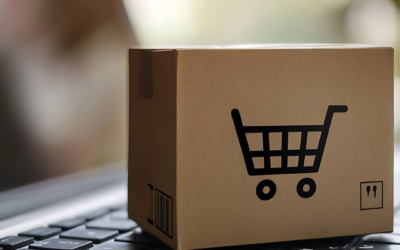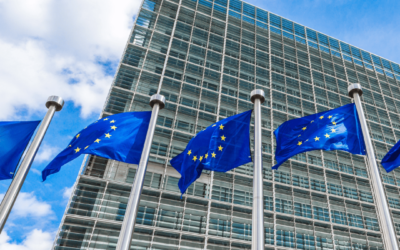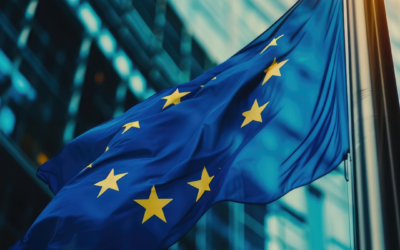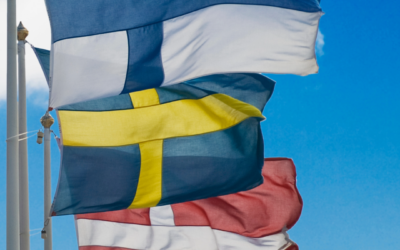Lizenzero.eu Blog
Welcome to the Lizenzero.eu blog, your trusted source for innovative solutions and expert insights into the world of sustainable packaging management and eco-friendly waste disposal.
All information at a glance
Up to date
Easy & Fast
Reliable
Deposit on bottles in Spain: Everything you need to know
Spain wants to introduce a deposit system for single-use drinks packaging in November 2026. For companies that sell drinks in Spain, but also for consumers, the question is: how will the system work and what impact will it have on the market? We therefore take a detailed look at the background, the planned regulations and the challenges associated with the introduction of the bottle deposit in Spain.
EUDR regulation postponed: What changes are coming?
Die Europäische Union hat in den letzten Jahren einen umfassenden Regulierungsrahmen geschaffen, der elektronische Marktplätze vor neue Herausforderungen stellt. Kontrollpflichten zielen so zum Beispiel darauf ab, Verbraucherschutz, Produktsicherheit und faire Handelsbedingungen zu gewährleisten. Doch was bedeutet das konkret? Welche Verantwortung tragen elektronische Marktplätze, und welche Auswirkungen hat das auf Händler:innen, die diese Plattformen nutzen?
Control obligations for electronic marketplaces in the EU
In recent years, the European Union has created a comprehensive regulatory framework that poses new challenges for electronic marketplaces. Control obligations, for example, aim to ensure consumer protection, product safety and fair trading conditions. But what does this mean in concrete terms? What responsibilities do electronic marketplaces have and what impact does this have on retailers who use these platforms?
EPR update 2025: News for businesses
Throughout Europe, the legal regulations for packaging and other EPR schemes are always in motion and are constantly being adapted. Several new regulations on extended producer responsibility (EPR) came into force at the beginning of this year. New laws in various EU countries affect manufacturers and retailers of batteries, electrical and electronic equipment, packaging and textiles, to name just a few. We have compiled the most important EPR updates for you so that you don’t miss any to-dos.
A head start through sustainability: utilising the opportunities of the PPWR
European legislation is becoming increasingly ambitious when it comes to protecting the environment and promoting a sustainable economy. The Packaging and Packaging Waste Regulation (PPWR), which presents companies with new challenges – and at the same time offers great opportunities – is a particular focus. After all, those who prepare for the upcoming requirements at an early stage can not only avoid penalties and costly rework, but above all strengthen their competitiveness.
Waste separation in Denmark, Norway & Co.: standardised symbols used in the Nordic countries
A lot has happened in the Nordic countries in terms of waste separation in recent years: standardised symbols have been used in Denmark since 2017 to simplify waste separation for consumers and businesses. The use of the pictograms is voluntary. Norway, Sweden, Finland and Iceland have followed suit and have also introduced the ‘Nordic Pictograms’ system for waste separation. The symbols can be found not only on packaging, but also at recycling stations and in public spaces. The clear labelling makes it easier to dispose of waste correctly and ensures that more recyclable materials are reused.

